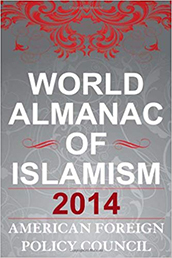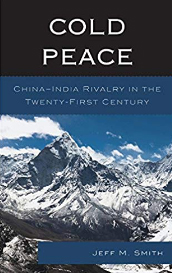Obama’s Foreign Policy: An Epic Fail
College students call something that has gone completely wrong an “epic fail.” Today, the foreign policy of U.S. President Barack Obama fully merits this label. In the last few months, it has become exceedingly clear not only that the administration has no idea how to relate the use of force to diplomacy but also that it is safer to be America’s adversary (or even its enemy) than to be its ally.

